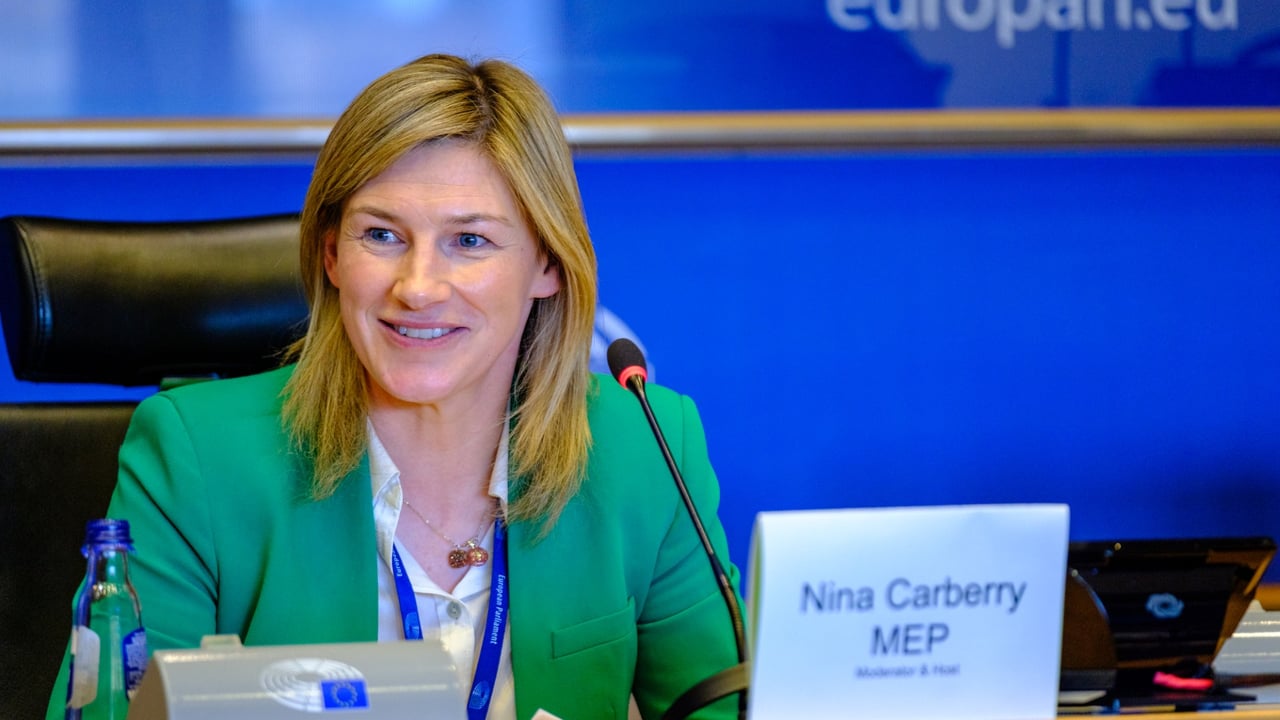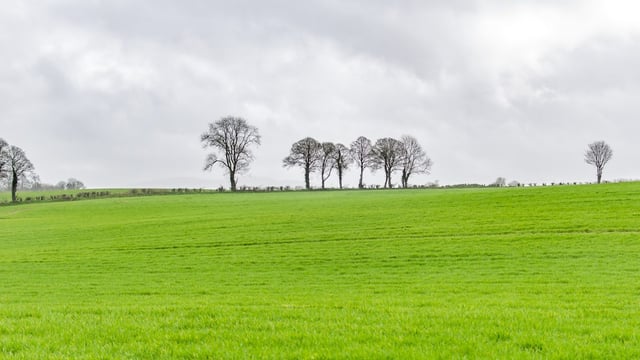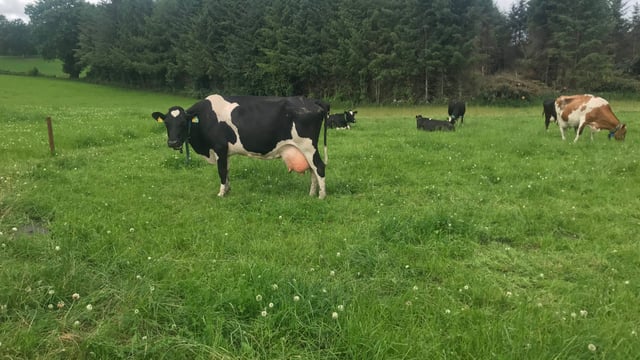Single Market access again stressed in animal transport debate
There have been further calls from Irish MEPs to ensure that new animal transport rules at an EU-level prioritise Ireland's access to the EU Single Market.
Speaking after a committee meeting in the European Parliament this week, MEP for the Midlands--North-West Nina Carberry called for a balance between improving animal welfare with the "practical realities" of live transport.
"Any new legislation must ensure we continue to have full access to the EU Single Market, without placing disproportionate burdens on our farmers, exporters, or our animals," she said.
Carberry is the only Irish MEP who is a full member of the European Parliament's transport committee, which holds joint responsibility in the parliament for the legislative proposal.
The Fine Gael MEP said that while improving animal welfare is a key objective, the enforcement of regulations must be "grounded in practical implementation" and take into account the challenges for Ireland in terms of sea crossings and the distance from mainland Europe and the Single Market.
She called for stronger requirements for vehicle standards and loading facilities, along with the adoption of smart technologies where possible, to streamline inspections and reduce delays.
Carberry rejected calls for a "blanket ban", and called for species-specific rules based on scientific research.
"We need solutions rooted in the real world, ones that actually improve animal welfare while recognising the realities faced by those who care for animals and support our food systems," she said.
"We cannot have a one-size-fits-all approach. What works on the continent may not be workable for Ireland.
"Enforcement, practicality and genuine improvements in animal welfare must go hand-in-hand," she added.
Carberry said she has been working closely with her colleagues in the European People's Party (EPP) - of which Fine Gael is a member - on the legislative text.
She said "technical negotiations" will soon begin in the parliament to agree on a common position.
Her Fine Gael colleague in the parliament, Maria Walsh, made similar comments last month, when she called for Irish livestock exporters to be provided with a guarantee that they will continue to be able to access the EU Single Market.
“As the debate on live animal transport continues in Brussels, Irish farmers urgently require a guarantee that their access to the EU Single Market will not be impacted by the revision of the rules,” Walsh had said.
She added: “The highest standards of welfare must continue to be adhered to during all stages of transportation. That is non-negotiable and already the norm for the majority of Irish exporters."
Walsh called on EU policymakers to recognise the “geographical disadvantages” facing Irish exporters trying to reach the Single Market and to provide a commitment that they will not be penalised because of their location.





